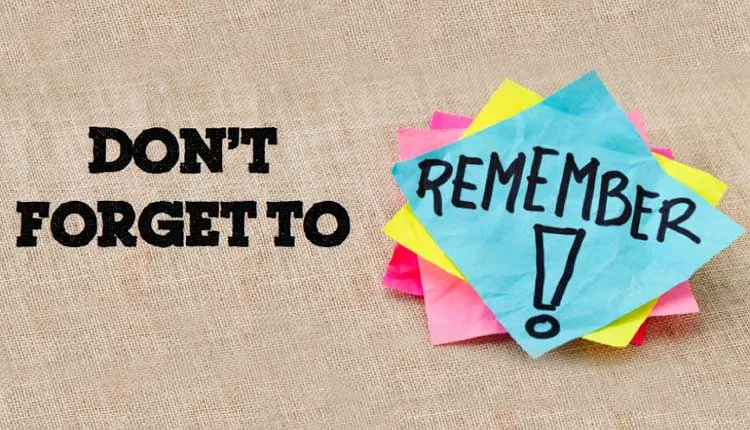

Things To Remember When Doing SEO For Your Website

Before you start SEO for your website or blogs or youtube channel, make sure not doing SEO for just keyword ranking but getting Targeted leads. Try to make content, Infographic, videos that give some value to users. If you doing so you definitely get quality leads that can improve your ROI.
Here I write simple but very effective ideas to rank your website for a targeted audience.
1. Write like a human.
Write a content for human, not Robert or Crawler.
Don't try to manipulate Google or any other search engine. Nowadays Search engines are very smart, if you are doing this, Webmaster can easily found you and penalize your site. So don't do over stuffing, spin someone content and black hat techniques.
2. Create the web site blog content regarding Particular niche.
It is regarding different stuff, too, however, select one primary topic that's most essential to your message. This step is very important, therefore you'll need to try to a touch keyword analysis before selecting a subject.
3. Mention keywords wherever they matter most.
Use your “targeted niche parse” within the website title, name, description, tagline, keywords, journal classes, page titles, and page content.
If you’re on WordPress, you can easily doing this by Yoast or All In One SEO plugin. Nowadays many wordpress development company using Yoast for their Website SEO.
4. Link to internal pages on your website.
Internal Linking is one of the most important parts for the SEO.
Nowadays many Tools and plugins available for doing internal linking automatically, but personally I suggest to do internal linking manually.
You’ll need to be intentional regarding linking to your most significant pages directly from your homepage and cross-linking them with one another.
4. Use a permalink structure that has keywords.
Some sites have “ugly” permalink structures that use numbers to spot pages.
Don’t do that. It’s dangerous for SEO and simply doesn’t look sensible.
Use a universal resource locator structure that has text, and confirm you embody keywords in your URLs.
So rather than having a page’s universal resource locator be this:
https://yoursite.com/?S=92
It ought to look a lot of like this:
https://yoursite.com/seo-company/
5. Take away something that slows down your website.
Page load times are really very necessary, therefore get obviate any non-essentials that cut down your website.
Use Tool like Google Page Speed Insight and GTMatrix to know whether your website wants to optimize.
These could as well as music players, massive pictures, flash graphics, and gratuitous plugins.
6. Use keywords in your pictures.
Include words that mirror your website topic within the image title, description, and ALT attributes.
Also, re-title the file name if it doesn’t mirror your main keywords (e.g. SEO.jpg rather than sjsaj9.jpg).
7. Link to different websites with relevant content.
Give a credit to another website when it is necessary. it is the sign that shows you don't write content for just link building.
Don't hesitate to give external links, as every outgoing link may be a “vote” for one more website. However, if you are doing it well and other people click your links, this tells search engines you're a trusty authority on your specific topic.
8. Update your website ofttimes.
Write the blog for your website on the particular niche on the consistent basis.
Because sites with dynamic content usually rank more than those with static content. That’s why blogs and directories (like Wikipedia) do therefore well on search engines. they're perpetually being updated with new content.
9. Confirm your website is indexed in search engines.
If you want to rank your website for the search engine like Google then use Google Webmaster and tell them directly you have created a new website or blog pages so index them. Sometimes Webmaster crawls your website directly but it better to do it manually.
You want to make sure engines like Google, Bing, and Yahoo ar travel your website, so individuals are finding you online. (You will add them directly if they’re not.)
10. Produce other websites link to you.
Now, It's time to get backlinks with other quality sites. Write Guest Post for other Relevant and high authority websites.
Infographic is also on demand activity for getting contextual backlinks.
These tips are helpful for all the SEO Personas either it is beginner or Professionals. So Create Great Content, Generate High-Quality Backlinks and Do SEO Like a pro.


